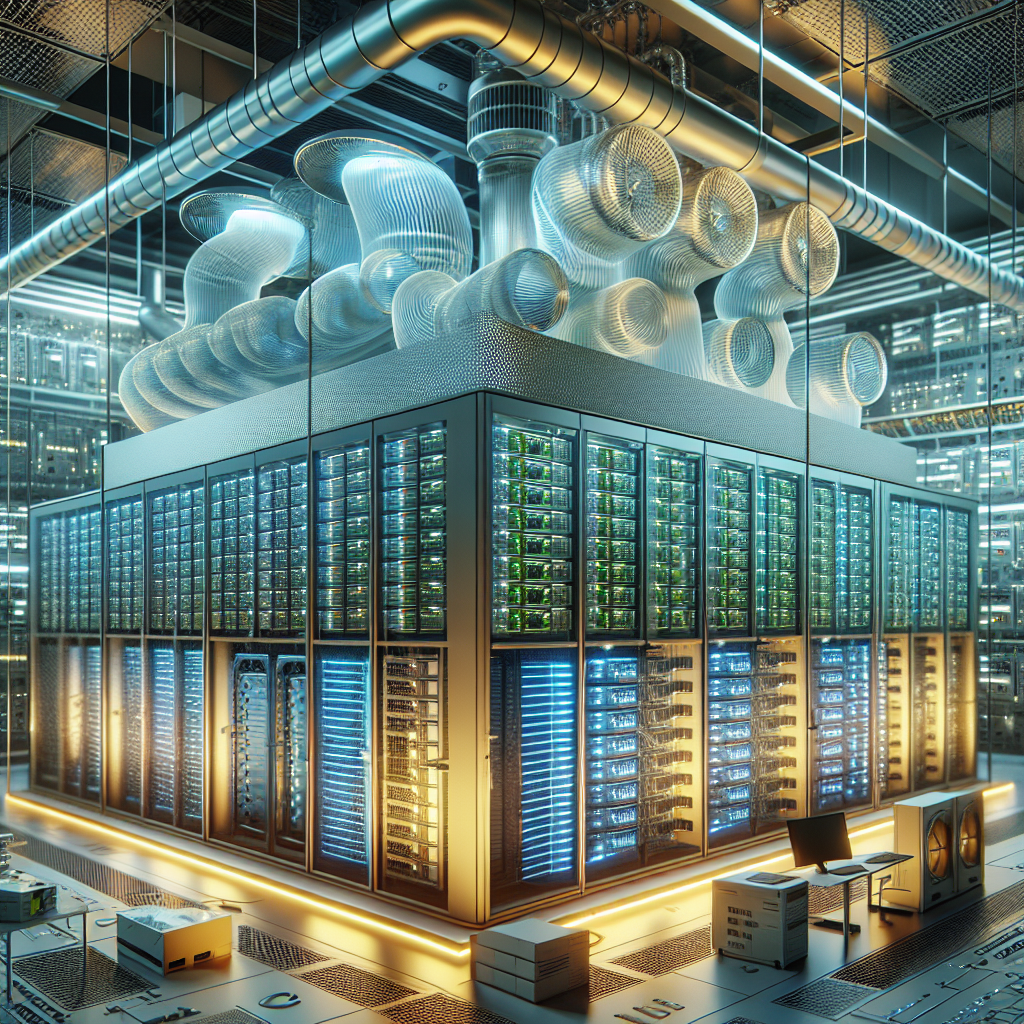Your cart is currently empty!
Challenges and Solutions: HVAC in Data Center Environments

Data centers play a crucial role in today’s digital age, housing the servers and equipment that store and process vast amounts of data. With the increasing demand for data storage and processing capabilities, data centers are constantly facing challenges in maintaining the optimal environment for their equipment, particularly when it comes to heating, ventilation, and air conditioning (HVAC) systems.
One of the biggest challenges in HVAC systems in data center environments is maintaining the right temperature and humidity levels. Data centers generate a significant amount of heat due to the large number of servers and equipment running continuously. If the temperature and humidity levels are not regulated properly, it can lead to equipment failure, system downtime, and data loss.
Another challenge is ensuring energy efficiency in HVAC systems. Data centers are known for their high energy consumption, with cooling systems accounting for a significant portion of that energy usage. Finding ways to reduce energy consumption without compromising the cooling needs of the data center is a constant struggle for data center operators.
Additionally, the design and layout of data centers can pose challenges for HVAC systems. Data centers are typically housed in large, open spaces with high ceilings, making it difficult to distribute air evenly throughout the facility. This can result in hot spots and uneven cooling, which can impact the performance and reliability of the equipment.
To address these challenges, data center operators can implement several solutions to optimize their HVAC systems. One solution is to use advanced cooling technologies such as liquid cooling systems or hot aisle/cold aisle containment to improve cooling efficiency and reduce energy consumption. These technologies can help to remove heat more effectively and maintain the optimal temperature and humidity levels in the data center.
Regular maintenance and monitoring of HVAC systems are also essential to ensure their performance and efficiency. Data center operators should schedule routine inspections, cleanings, and repairs to identify any issues before they escalate and affect the overall operation of the data center. Implementing predictive maintenance strategies can help to detect potential problems early on and prevent costly downtime.
Furthermore, data center operators can explore renewable energy sources such as solar or wind power to reduce their reliance on traditional energy sources and lower their carbon footprint. By investing in energy-efficient HVAC systems and renewable energy solutions, data centers can achieve significant cost savings and environmental benefits.
In conclusion, HVAC systems play a critical role in maintaining the optimal environment for data center equipment. By addressing the challenges and implementing solutions to improve cooling efficiency, energy consumption, and system reliability, data center operators can ensure the smooth operation of their facilities and meet the growing demands of the digital age.

Leave a Reply